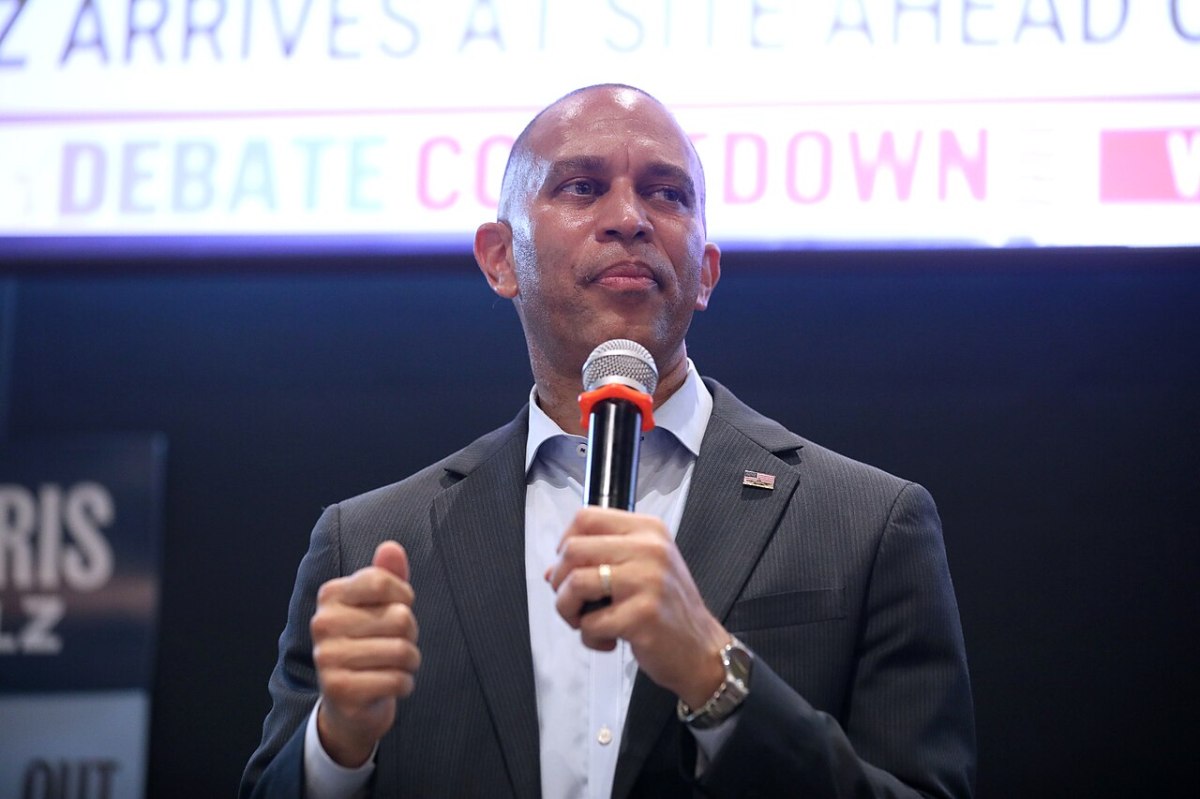BY MARTIN DENTON (nytheatre.com)
Retelling of classic feels purposeful and relevant
“Men Go Down, Part 3: Black Recollections” is the newest work by John Jahnke and Hotel Savant. I’ve been a fan of Jahnke’s work for a decade or more, but I must admit that this latest piece is so oblique that it’s hard to recommend wholeheartedly.
Like all of Jahnke’s theatre, this is a feast for the senses: painterly stage pictures parade before us along with beautiful (often unclothed) bodies of both genders; meanwhile our eyes and ears are overloaded with surprising, startling imagery — a doorbell that sounds like a miniature symphony, human-size frames that house ever-morphing “oil paintings” depicting the main characters in various costumes and poses, a view out a window into a black night filled with swirling stars and clouds and, at one point, fireworks.
Where “Men Go Down” proves problematic is in its meaning. The visual and aural components are endlessly striking, but the text and script they support are elliptical in the extreme — even to the point where characters frequently leave out key words from their sentences (usually, but not always, the nouns). This makes for challenging parsing, especially when there’s such a stupendous sensual feast unfolding from every direction.
The play takes place in a hotel room in Turkey in the year 1895. Here, a long-ago king named Endymion, who has recently been awakened after sleeping for a thousand years, is visited by the goddess Diana and by a nymph named Dryope who has been carrying his unborn child, also for a millennium. Dryope says she wants Endymion dead, so that she can finally birth his offspring. Endymion is also pursued, or haunted, in waking dreams, by a trio of gods who manifest themselves as hotel cleaning staff, and by his ancient love Hylas, who was Heracles’s lover in Greek myth, who appears momentarily as a hotel chef.
Now, this is all based in obscure Greek myth — but the tale is not at all well-known to contemporary American audiences. In fact, without a full page of program notes, I would have had trouble coming up with as specific a summary of the play as I’ve provided.
In any event, though “Men Go Down” on the surface is a kind of retelling of this classic tale, the play’s raison d’etre feels more purposeful and relevant. What I got from the piece was the story of a man who feels entitlement without responsibility; someone who sleeps or retreats or blames rather than ever behaves accountably for his actions.
Jahnke’s direction and design concept are stunning, and the realization of that design — by Peter Ksander (set), Kristin Worrall (sound), Bruce Steinberg (lighting), Ramona Ponce (costumes), Taili Wu, Andrew Schneider, and Rebecca Adomo (video) — is utterly breathtaking. The cast of eight is led by Alexander Borinsky as Endymion (who makes a wondrously surprising entrance near the start of the show) and Hillary Spector and Tanisha Thompson as his antagonists Diana and Dryope; Tim Eliot, Liz Santoro, Michael Ingle, Melody Bates, and Mikeah Jennings complete the ensemble in smaller roles that require them to dance, move, and serve as various forms of chorus.
There are moments in this piece that will stay with me due to their unexpectedness and beauty. But I did not feel much transformed or moved by the proceedings — which surprised me, because with the work of John Jahnke and Hotel Savant, that’s almost always what happens.


































